Digital Health Innovations: A Pathway to Improving Healthcare in Underserved Communities
Rapid advancements in digital health — spanning technologies like telemedicine, personalized digital nudges, and large language models — present new possibilities for addressing persistent problems in healthcare access, cost, and quality. Yet there is an urgent need for effective strategies to ensure digital health innovations improve healthcare delivery and health outcomes benefiting underserved populations especially in low- and middle-income countries (LMICs).
A new viewpoint paper published in the Journal of Medical Internet Research presents an analytic framework for evaluating the foundations of digital health innovations. Focusing on the digital health landscape in LMICs in South and Southeast Asia, the paper’s co-authors provide actionable recommendations for tailoring and implementing digital health solutions across diverse global health settings.
The co-authors include Siyan Yi, an associate professor at the National University of Singapore’s School of Public Health and a former postdoctoral fellow with the Asia Health Policy Program (AHPP) at Shorenstein APARC; Stanford health economist Karen Eggleston, the director of AHPP; Kochukoshy Cheruvettolil, former senior strategy officer with the Bill & Melinda Gates Foundation’s Digital Health and Artificial Intelligence division; Kiran Gopal Vaska of the National Health Authority, Ministry of Health and Family Welfare in New Delhi, India; and several collaborators from Stanford’s School of Medicine, among others.
Citing the advantages of a “human-in-the-loop” approach to Artificial intelligence (AI) — a collaborative approach that integrates human input and expertise into the lifecycle of machine learning and AI systems — the co-authors emphasize the potential benefits of a “researcher-in-the-loop” approach to digital health innovations in LMICs. Their collaboration for this paper was conceived during a panel discussion on digital health innovation featuring Cheruvettolil, Vaska, and Yi. Hosted by AHPP in October 2023, this event was part of APARC’s Autumn 2023 seminar series, Exploring APEC’s Role in Facilitating Regional Cooperation.
Sign up for APARC’s newsletters to receive our scholars’ research updates >
Building Social Value in Digital Health Adoption
While the promise of digital health is universal, its implementation must address local needs and be tailored to promote adoption, recognizing that underserved populations lack adequate infrastructure and equitable access to healthcare services and digital innovations. Yet it is crucial to balance the social benefits of digital health innovations with the social costs of adoption. It is also imperative to gather evidence and insights on successes and failures when adopting such innovations in diverse local contexts.
To address these needs, the paper's coauthors advocate for a dual approach that combines a top-down, evidence-based strategy focused on designing and scaling national digital health infrastructures with the bottom-up creation of a vibrant ecosystem of local experiments generating shared experience.
“This two-pronged approach of top-down design and bottom-up experimentation, enabled through careful evaluation of effectiveness and impact, allows economies with different starting conditions to seize opportunities to ‘leapfrog’ towards more robust, resilient health systems fitting their contexts rather than imitate the development path of any given current high-income country or region,” the coauthors argue.
This theoretical framework recognizes that the social net benefit of digital innovations is heavily influenced by the initial conditions and the intended outcomes shaped by the local context. For example, in LMICs, persistent disparities in digital access and digital literacy determine the unfolding of the introduction, adoption, and integration of digital health interventions into the broader health system and compound existing inequities in access to healthcare.
Still, the co-authors emphasize that digital technologies can potentially deliver significant, even transformative benefits in LMICs that surpass the impacts seen in high-income health systems — provided that robust oversight and stewardship uphold the “First, do no harm” principle.
Integrated Digital Health Solutions
One of the coauthors’ key recommendations is to create a robust digital health infrastructure with adaptable data architectures, interoperability, and stringent privacy standards. They underscore the necessity of creating an integrated data ecosystem, as exemplified by India's Ayushman Bharat Digital Mission (ABDM), which facilitates personalized healthcare and evidence-based policymaking through effective data management.
Yet varying data standards across countries can pose challenges to comparability and effectiveness, in addition to ethical and legal dilemmas around sensitive health data. Singapore's Personal Data Protection Act and India's Digital Personal Data Protection Act are examples of regulatory frameworks protecting sensitive health information. These regulations are crucial for building trust among patients and healthcare providers — an essential prerequisite for successfully adopting digital health solutions.
The paper also highlights the potential of mobile health (mHealth) interventions and AI applications in revolutionizing healthcare delivery by bridging geographical barriers, expanding access to underserved populations, and shifting care from hospitals to communities. For instance, mHealth initiatives in India and Cambodia leveraging the widespread adoption of low-cost smartphones have shown promise in improving maternal and child health outcomes in low-income settings. Social media platforms further amplify the reach of public health campaigns and community-based interventions by utilizing trusted local voices.
AI is a new transformative force in digital health, enabling advancements in precision health, from diagnosing complex conditions to supporting clinical decisions. For example, in Thailand, a deep learning algorithm integrated into the national diabetic retinopathy screening program provides real-time, specialist-level diagnostics in community settings. AI solutions like this hold particular promise for addressing the challenges of low-resource health systems, including shortages of trained staff and limited equipment.
On the other hand, the coauthors caution against the risks associated with digital health technologies, including misinformation and ethical concerns. Clear data collection, storage, and sharing guidelines are critical, along with measures to safeguard sensitive health information.
Social Legitimacy and Local Partnerships
The paper emphasizes a call to action for researchers, policymakers, healthcare professionals, and civic organizations to invest in digital health infrastructure and foster interdisciplinary, local partnerships to promote need-driven, culturally sensitive, and equitable interventions. By prioritizing community engagement, the co-authors argue, digital health innovations can bridge geographical gaps, enhance healthcare accessibility, and ultimately improve health outcomes for underserved populations.
For example, the NGO Noora Health has successfully leveraged digital health across India, Bangladesh, and Indonesia to improve access to caregiver training. Successful features of their programs include mobile chat services and digital curricula integrated into comprehensive care delivery models that utilize local healthcare systems through partnerships with local governments, policymakers, and community health workers.
Ultimately, the co-authors note that the key to success lies in effectively stewarding health sectors to address priority population health needs and improve equity. “Policies should support the generation of evidence assessing digital health applications so that patients, providers, and policymakers can ask and answer the right questions in a suitable timeframe to enable a virtuous cycle of learning and improvement.” In resource-constrained LMICs, it is also essential to consider the financing levers in the public and private sectors to understand the feasibility of adopting and scaling up. In these contexts, private philanthropy can secure resources, mitigate risks, and generate evidence about best practices and scalability.
In a landscape where technology and healthcare intersect, the path forward must include prioritization of local contexts, engaging communities, and building a robust digital health infrastructure that serves the needs of all. The future of healthcare may depend on it.
Read More
In a new paper, a research team including Stanford health economist Karen Eggleston discusses the challenges and opportunities digital health technologies present in South and Southeast Asia, sharing evidence-based recommendations for shaping effective digital health strategies in low- and middle-income countries.







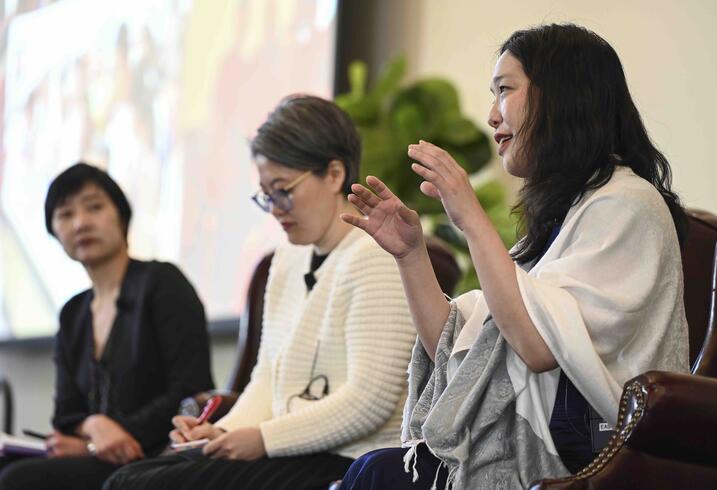









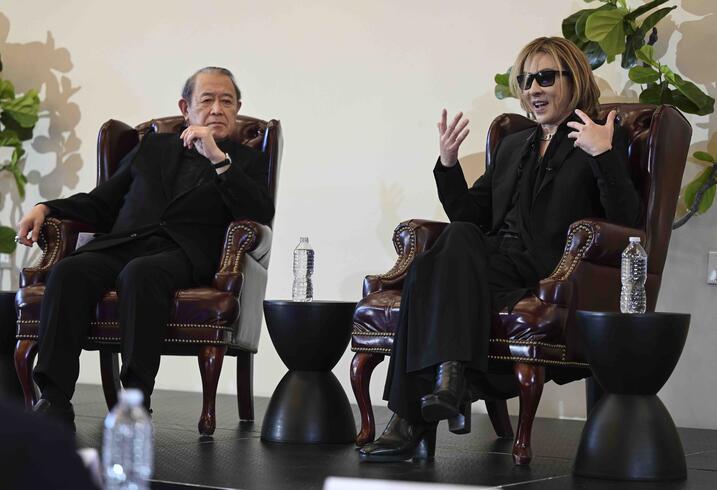












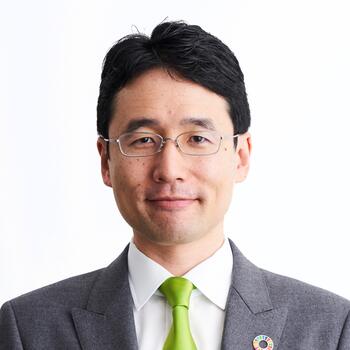
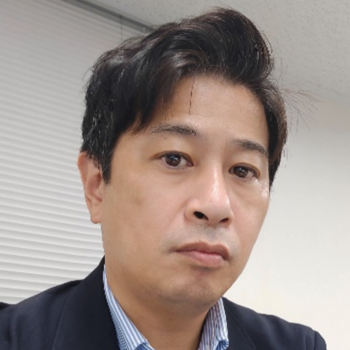
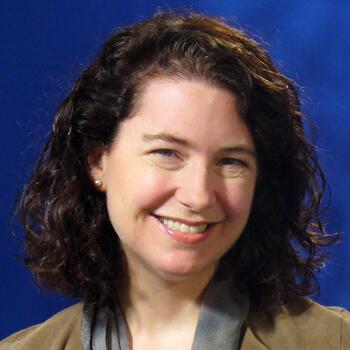
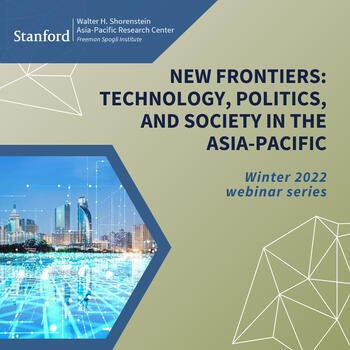
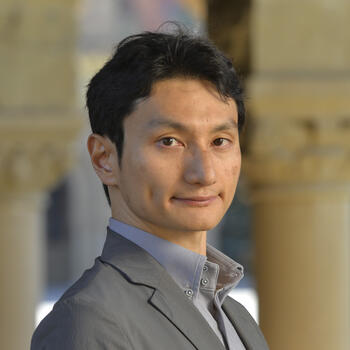

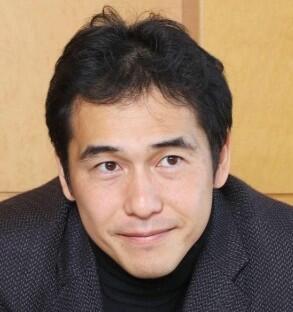
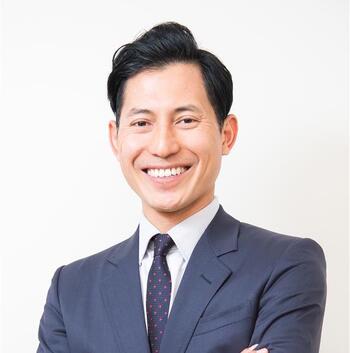


 Craig Allen began his tenure in Washington, DC, as the sixth President of the United States-China Business Council, a private, nonpartisan, nonprofit organization representing over 200 American companies doing business with China. Ambassador Allen began his government career in 1985 at the Department of Commerce’s International Trade Administration (ITA) where, from 1986 to 1988, he worked as an international economist in ITA’s China Office. In 1988, Allen transferred to the American Institute in Taiwan, where he served as Director of the American Trade Center in Taipei. He returned to the Department of Commerce for a three-year posting at the US Embassy in Beijing as Commercial Attaché in 1992. In 1995, Allen was assigned to the US Embassy in Tokyo where he was promoted to Deputy Senior Commercial Officer in 1998. Allen became a member of the Senior Foreign Service in 1999. Starting from 2000, he served a two-year tour at the National Center for APEC in Seattle where he worked on the APEC Summits in Brunei, China, and Mexico. In 2002, Allen first served as the Senior Commercial Officer in Beijing where he was later promoted to the Minister Counselor rank of the Senior Foreign Service. After a four-year tour in South Africa, Ambassador Allen became Deputy Assistant Secretary for Asia at the US Department of Commerce’s International Trade Administration. He later became Deputy Assistant Secretary for China. Ambassador Allen was sworn in as the United States ambassador to Brunei Darussalam on December 19, 2014 where he served until he transitioned to take up his position as President of the US-China Business Council.
Craig Allen began his tenure in Washington, DC, as the sixth President of the United States-China Business Council, a private, nonpartisan, nonprofit organization representing over 200 American companies doing business with China. Ambassador Allen began his government career in 1985 at the Department of Commerce’s International Trade Administration (ITA) where, from 1986 to 1988, he worked as an international economist in ITA’s China Office. In 1988, Allen transferred to the American Institute in Taiwan, where he served as Director of the American Trade Center in Taipei. He returned to the Department of Commerce for a three-year posting at the US Embassy in Beijing as Commercial Attaché in 1992. In 1995, Allen was assigned to the US Embassy in Tokyo where he was promoted to Deputy Senior Commercial Officer in 1998. Allen became a member of the Senior Foreign Service in 1999. Starting from 2000, he served a two-year tour at the National Center for APEC in Seattle where he worked on the APEC Summits in Brunei, China, and Mexico. In 2002, Allen first served as the Senior Commercial Officer in Beijing where he was later promoted to the Minister Counselor rank of the Senior Foreign Service. After a four-year tour in South Africa, Ambassador Allen became Deputy Assistant Secretary for Asia at the US Department of Commerce’s International Trade Administration. He later became Deputy Assistant Secretary for China. Ambassador Allen was sworn in as the United States ambassador to Brunei Darussalam on December 19, 2014 where he served until he transitioned to take up his position as President of the US-China Business Council.
 James Green has worked for over two decades on U.S.-Asia relations. For five years, Green was the Minister Counselor for Trade Affairs at the U.S. Embassy in Beijing (2013-2018). As the senior official in China from the Office of the United States Trade Representative (USTR), Green was deeply involved in all aspects of trade negotiations, trade enforcement, and in reducing market access barriers for American entities. In prior government service, Green worked on the Secretary of State’s Policy Planning Staff and at the State Department’s China Desk on bilateral affairs. He also served as the China Director of the White House’s National Security Council. In the private sector, Green was a senior vice president at the global strategy firm founded by former Secretary of State Madeleine Albright and was the founding government relations manager at the American Chamber of Commerce in Shanghai, Asia’s largest AmCham. Currently, Green is a Senior Research Fellow at Georgetown University's Initiative for U.S.-China Dialogue on Global Issues and hosts a U.S.-China Dialogue Podcast. He was most recently named as
James Green has worked for over two decades on U.S.-Asia relations. For five years, Green was the Minister Counselor for Trade Affairs at the U.S. Embassy in Beijing (2013-2018). As the senior official in China from the Office of the United States Trade Representative (USTR), Green was deeply involved in all aspects of trade negotiations, trade enforcement, and in reducing market access barriers for American entities. In prior government service, Green worked on the Secretary of State’s Policy Planning Staff and at the State Department’s China Desk on bilateral affairs. He also served as the China Director of the White House’s National Security Council. In the private sector, Green was a senior vice president at the global strategy firm founded by former Secretary of State Madeleine Albright and was the founding government relations manager at the American Chamber of Commerce in Shanghai, Asia’s largest AmCham. Currently, Green is a Senior Research Fellow at Georgetown University's Initiative for U.S.-China Dialogue on Global Issues and hosts a U.S.-China Dialogue Podcast. He was most recently named as 



